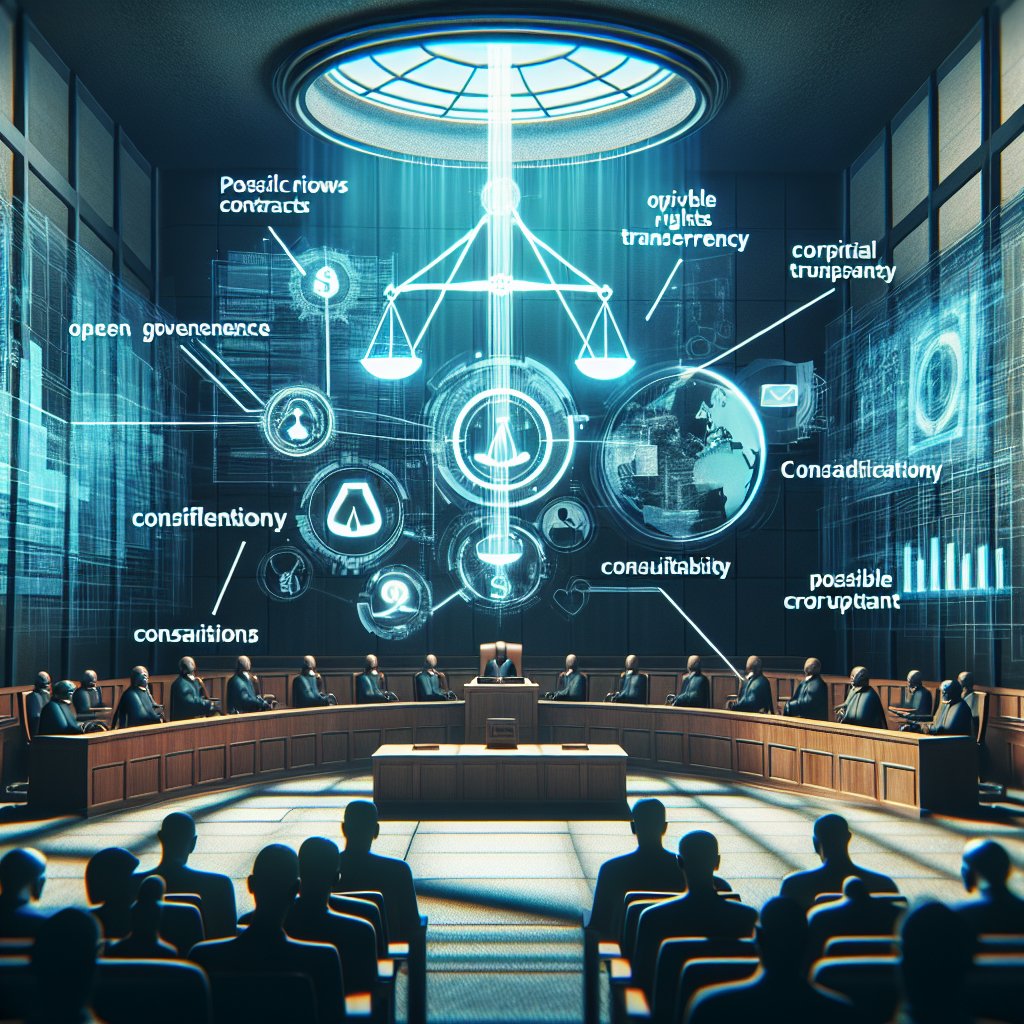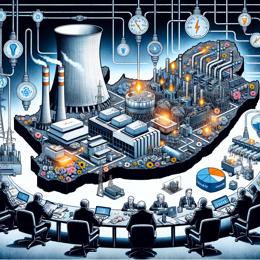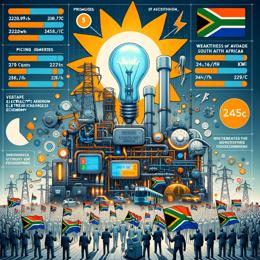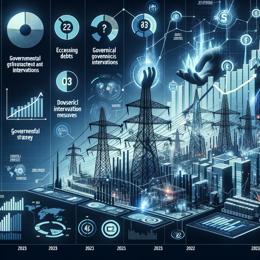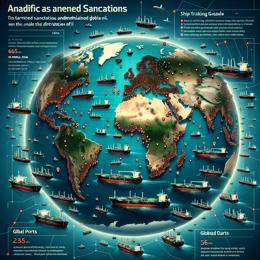Image created by AI
Eskom Battles to Withhold Contract Details Amidst Corruption Allegations
Eskom, South Africa's state-owned power utility, is entrenched in a fierce battle to maintain the confidentiality of its contracts pertaining to coal and diesel, as the Gauteng High Court in Pretoria adjourns with the judgment in Eskom’s latest appeal reserved. This development follows a prior court ruling from March, favoring the civil rights group, AfriForum, in their campaign for transparency. The case has brought to light the tense standoff between demands for open governance and Eskom’s penchant for secrecy.
The unfolding legal drama sees AfriForum pressing its advantage under the auspices of the Promotion of Access to Information Act (PAIA) filed against Eskom in July 2022. Their aim is straightforward: To unearth potential discrepancies and expose alleged corruption within the contractual agreements that Eskom fiercely guards.
The argument put forth by Eskom ultimately circles back to confidentiality, with the enterprise steadfastly maintaining that the full disclosure of its coal and diesel contracts could have adverse effects. In stark contrast stands the rationale of AfriForum, confidently articulated by Campaign Officer Charné Mostert, who stresses the paramount necessity for complete access to these agreements to enable an all-encompassing scrutiny which is imperative, given the longstanding suspicions of irregularities within the energy giant.
The gravity of these concerns is not unfounded. They are rooted in the troubling findings of the Zondo Commission of Inquiry which, in 2022, illuminated a plethora of corruption and irregular spendings entwined within Eskom. These revelations have only intensified the public's and AfriForum's need to investigate further.
Despite Eskom's robust legal maneuvering to keep such details undisclosed, the larger principle at stake—the public's right to information—is etched clearly in the public consciousness. Eskom, after all, operates with the support of taxpayer's funds, and thus, it is argued, it owes an unwavering transparency in its dealings and financial operations to those very taxpayers.
Mostert's commentary following the court's latest postponement elucidates Eskom’s readiness to exhaust all avenues in the appeals process, even as AfriForum remains undeterred in its quest to uncover the truth. This tug-of-war, as it plays out in our courts, underscores a broader narrative about accountability and governance in South Africa’s embattled energy sector.
As the saga of the Eskom appeal unfolds, all eyes will be on the Gauteng High Court's imminent judgment—a decision that could set significant precedents for corporate transparency and the fight against corruption within public enterprises.
